Will robots dream in ones and zeros? Can they appreciate a rose by any other name? Perhaps a new class calculus will provide us with those answers, and machines with consciousness.


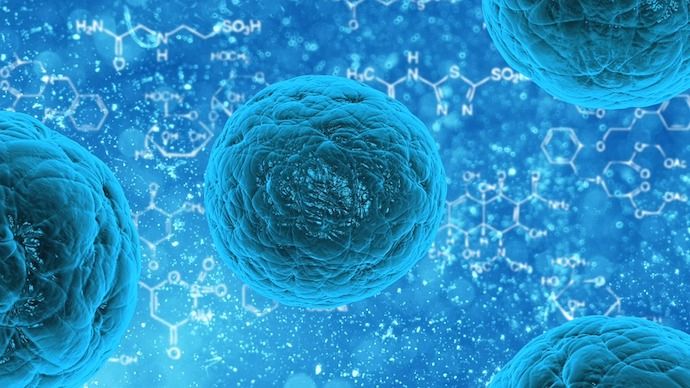
Human stem cells—the biological jack of all trades—have revolutionized modern medicine, with their ability to transform into specialized cell types.
But the current approach, which requires specialized instructive protein molecules known as growth factors, comes with risks, including the potential development of unwanted tissue, i.e., a tumor.
Researchers at Texas A&M University, however, have discovered a gentler approach.
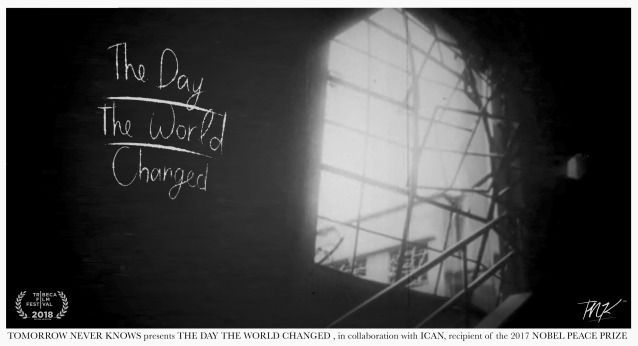
Four virtual reality (VR) veterans from Discovery Digital, Oculus Story Studio and Lightshed officially launched their new company out of stealth mode in San Francisco this week. Dubbed Tomorrow Never Knows, the new studio aims to use virtual and augmented reality as well as other emerging technologies including artificial intelligence for groundbreaking storytelling projects, said co-founder and CEO Nathan Brown in an interview with Variety this week.
“The thesis behind the company is to consistently violate the limits of storytelling, forcing the creation of new tools, methodologies and workflow and to do this intentionally so we create original creative and technology IP,” he said.
Before founding Tomorrow Never Knows, Brown co-founded Discovery VR, which has become one of the most ambitious network-backed VR outlets. Also hailing from Discovery VR is Tomorrow Never Knows co-founder Tom Lofthouse. They are joined by Gabo Arora, whose previous work as the founder of Lightshed included VR documentaries like “Clouds Over Sidra” and “Waves of Grace,” as well as Oculus Story Studio co-founder Sachka Unseld, the director of the Emmy Award-winning VR animation short “Henry” and the Emmy-nominated VR film “Dear Angelica.”
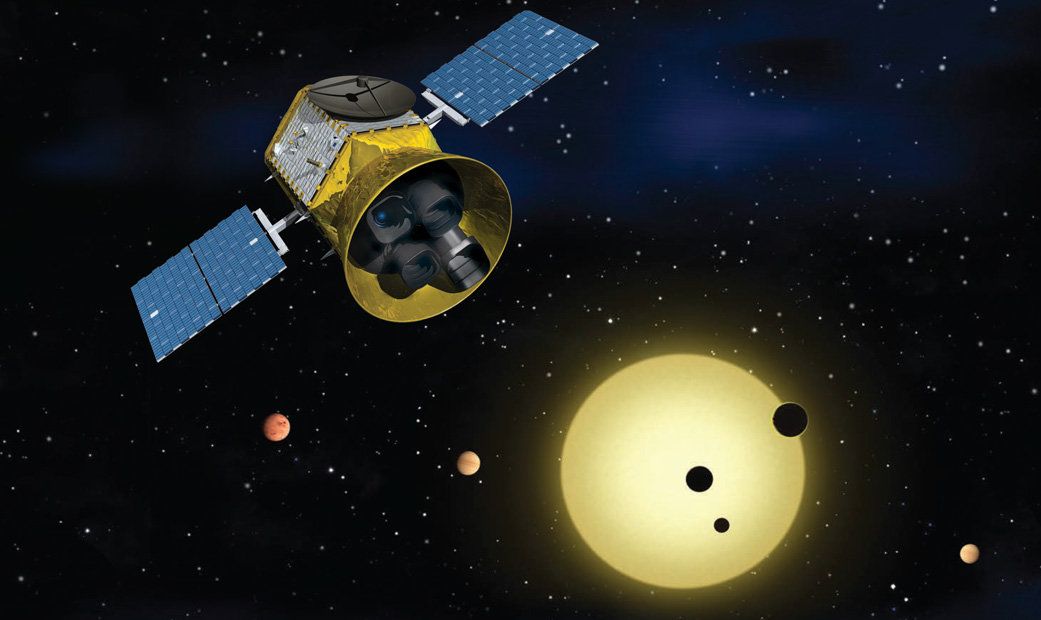
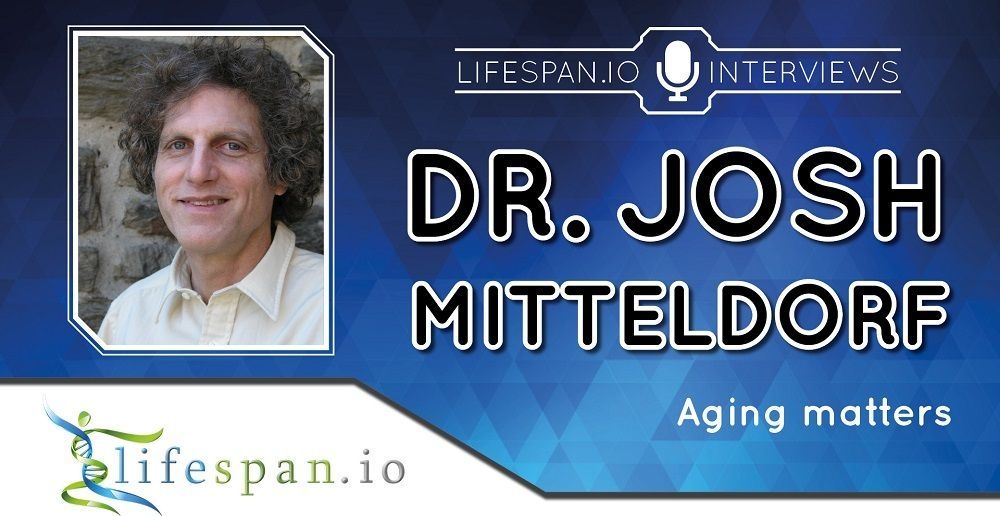
Today we bring you an interview with author and researcher Dr. Josh Mitteldorf who runs the aging research blog Aging Matters.
Dr. Josh Mitteldorf is an evolutionary biologist and a long-time contributor to the growing field of aging science. His work in this field has focused on theories of aging. He asks the basic question: why do we age and die? This can seem like a silly question to people encountering it for the first time because most of us would quickly respond, “Because that’s just how it is; all creatures age and die eventually as their bodies wear out.”
Essentially, Josh is saying, “Not so fast. In fact, a lot of creatures don’t age and die. Humans, as well as most other animals that do age and die, are programmed to do so. So, humans are programmed to die in much the same way that salmon are programmed to die after spawning.”
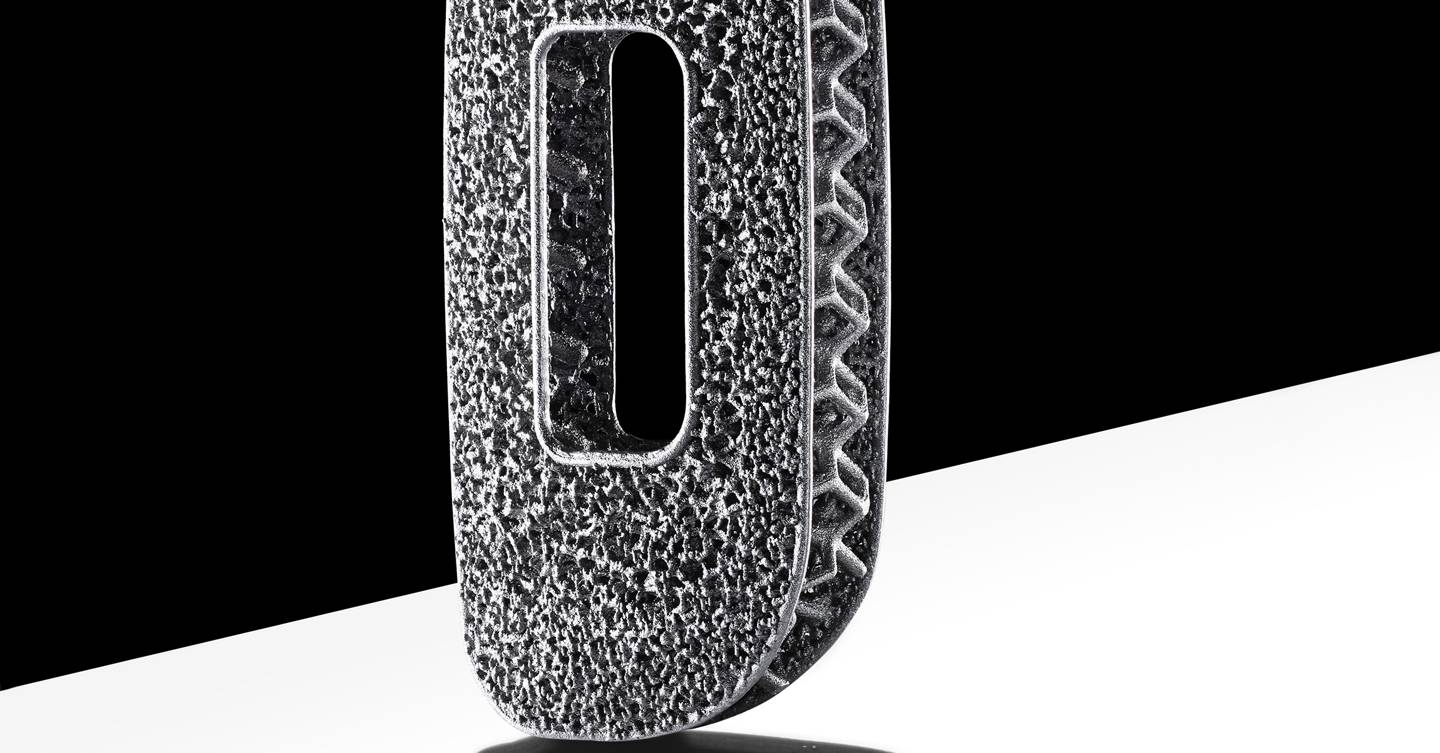


Wormholes, or hypothetical tunnels through space-time that allow faster-than-light travel, could potentially leave dark, telltale imprints in the sky that might be seen with telescopes, a new study suggests.
These slightly bent, oblong wormhole “shadows” could be distinguished from the more circular patches left by black holes and, if detected, could show that the cosmic shortcuts first proposed by Albert Einstein more than a century ago are, in fact, real, one researcher says.
Wormholes are cosmic shortcuts, tunnels burrowing through hyperspace. Hop in one end, and you could emerge on the other side of the universe — a convenient method of hyperfast travel that’s become a trope of science fiction. [8 Ways You Can See Einstein’s Theory of Relativity in Real Life].
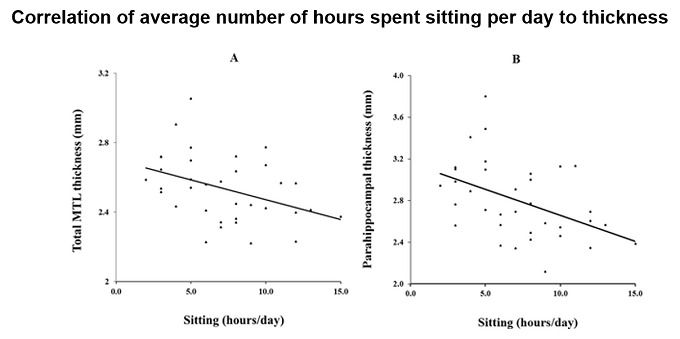
Important — “The researchers found that sedentary behavior is a significant predictor of thinning of the MTL and that physical activity, even at high levels, is insufficient to offset the harmful effects of sitting for extended periods”
— In the study, both (A) Total medial temporal lobe (MTL) and (B) parahippocampal thickness correlated inversely with hours of sitting/day, controlling for age. Reference: Siddarth P et al (2018), Sedentary behavior associated with reduced medial temporal lobe thickness in middle-aged and older adults. PLOS ONE.
